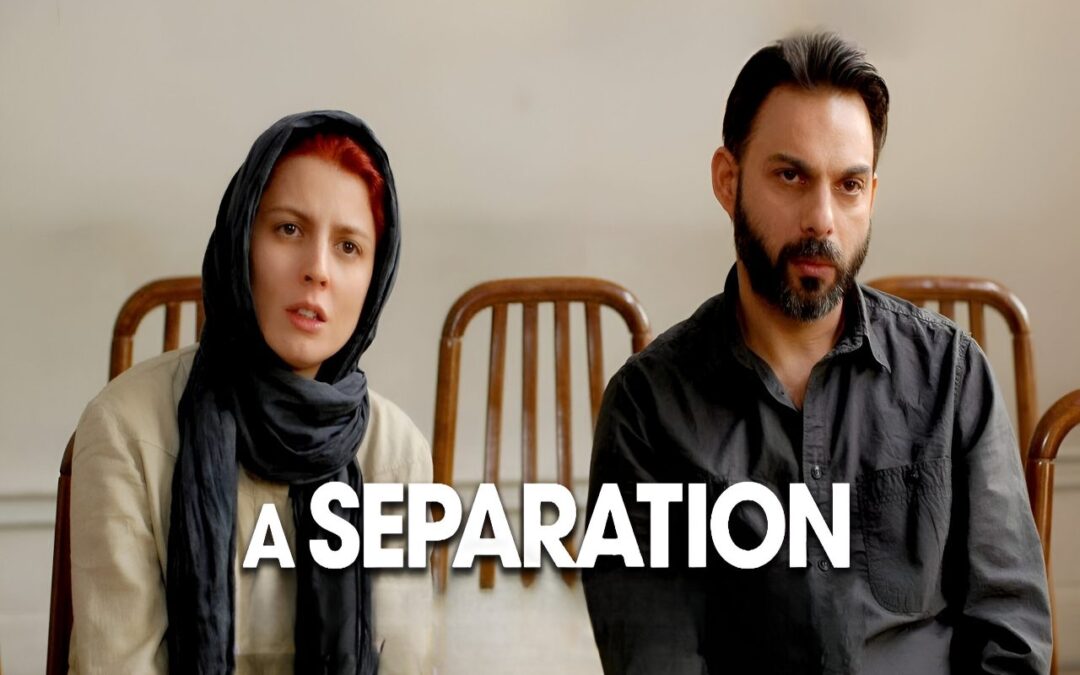If you’ve ever wondered how a nation with limited resources and heavy censorship still manages to churn out films that leave a lasting mark on world cinema, you need to turn your eyes toward Iran. No over-the-top action, no star-studded glamour. Just simple, soul-tugging storytelling. And maybe that’s the secret. Here’s a list of five Iranian films that didn’t need loud promotion to prove they were masterpieces. They simply told the truth — quietly and powerfully.
1. Mother (1990) – Ali Hatami’s Poetic Look at Family Regret
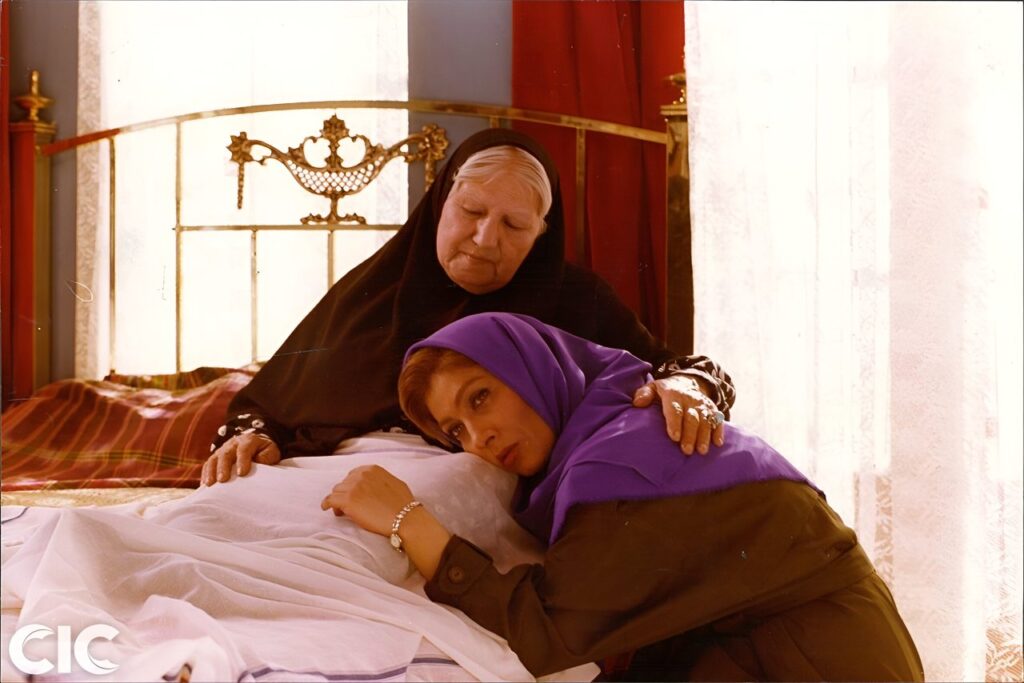
You don’t need big drama to feel something deeply. Sometimes, it’s the stillness that hits hardest — and that’s exactly what Mother does. Directed by Ali Hatami, this film opens with a group of grown-up siblings returning home to be with their ailing mother. But instead of dramatic confrontations, you get memories. Silences. Regret. The film unfolds like an old photo album — bittersweet, filled with longing. Hatami’s style isn’t to push the emotion onto you; he lets it simmer until it suddenly feels personal. Anyone who’s been distant from family will find pieces of themselves in it. It’s gentle, but it cuts deep.
2. Children of Heaven – When a Lost Shoe Tells a Bigger Story

Majid Majidi doesn’t try to impress with gimmicks. In Children of Heaven, he starts with something as small as a lost shoe, and somehow, you end up questioning your whole outlook on life. The story follows Ali and his sister Zahra, who try to hide the fact that they’ve lost a pair of shoes. They take turns wearing one pair to school. That’s it — no villains, no plot twists. And yet, it’s one of the most emotionally affecting films to come out of the late ’90s. You don’t just feel bad for the kids — you admire them. Their resilience, their bond, their innocence. It’s storytelling at its purest.
3. The Lizard (2004) – A Comedy That Got Too Real
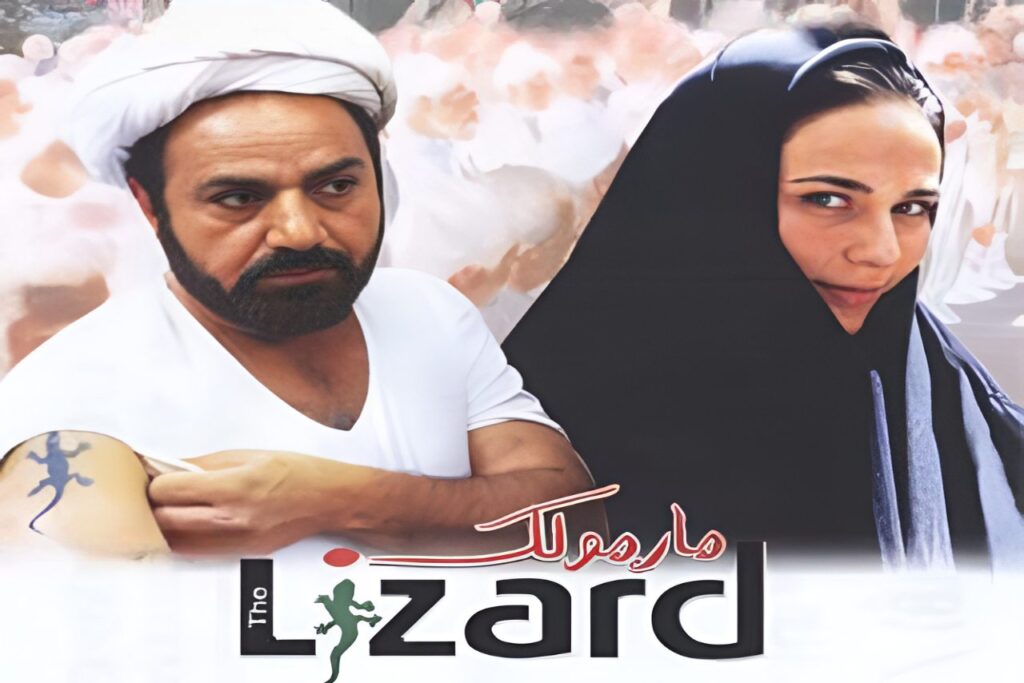
Now here’s a film that ruffled more than a few feathers. The Lizard, directed by Kamal Tabrizi, starts as a simple comedy — a thief escapes from prison dressed as a cleric. But as the story unfolds, it becomes something much more: a cheeky but thought-provoking commentary on religion, power, and perception. While the Iranian government wasn’t too thrilled (it was banned for a while), the audience loved it. And maybe that’s why it matters. It pokes fun, yes — but it does so with care. It doesn’t mock belief itself, just the hypocrisy around it. Rarely do comedies walk that fine a line so well.
4. A Separation – When No One’s Entirely Right or Wrong
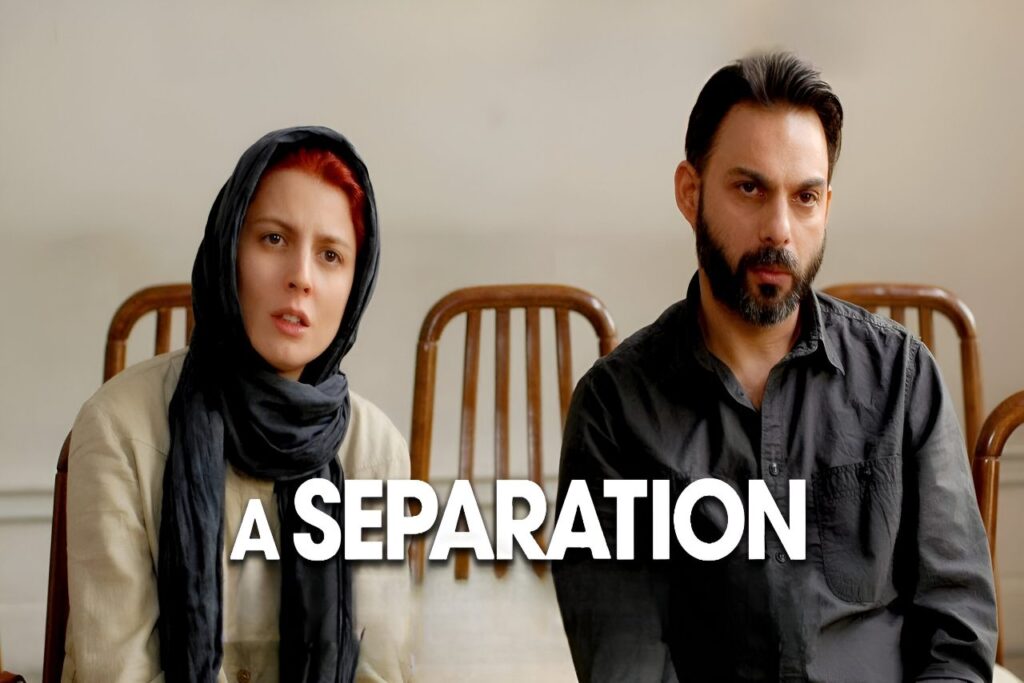
Asghar Farhadi doesn’t spoon-feed his audience. He throws you into moral dilemmas with no clear answers — and that’s what makes A Separation unforgettable. A married couple wants a divorce, but things quickly spiral into a legal and emotional mess involving caretakers, class tension, and quiet desperation. What’s fascinating is how everyone seems justified… and also not. You’ll find yourself siding with one character, only to question it a moment later. That’s real life, right? No heroes, no villains — just people trying to make impossible choices. Farhadi doesn’t tell you what to think. He just holds up a mirror.
Also Read…
Top 5 Smuggling Series You Can’t Miss; Drugs, Arms, Human Trafficking & More
5. Life and a Day – A Storm Brewing Inside a Crowded House
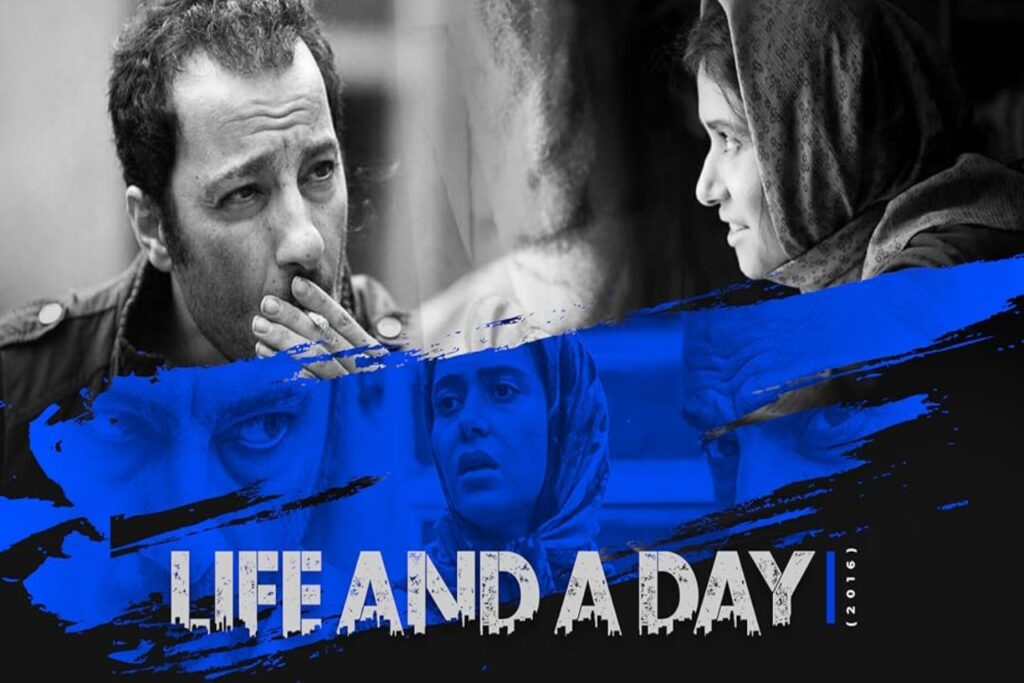
Imagine a single day filled with so much tension, it feels like years. That’s Life and a Day, Saeed Roustayi’s breakout film that doesn’t hold back. It’s about a family preparing for their daughter’s marriage, but behind the rituals are fights, addictions, and dreams slowly crumbling. This one’s not easy to watch. It’s raw. Conversations overlap. Emotions run high. The camera barely gives you space to breathe. But that’s the point — you’re meant to feel the chaos. And when the credits roll, it hits you: this wasn’t just a film about poverty or drugs. It was about being stuck — emotionally, socially, even geographically.
So Why Are These Films So Powerful?
Here’s the truth: Iranian filmmakers have mastered the art of saying more with less. They don’t depend on flashy visuals or dramatic reveals. They give you characters so real, you forget you’re watching fiction. What sets them apart is their quiet confidence — they trust the viewer to feel, reflect, and empathise. That’s what makes these stories universal. Whether you’re in Tehran or Mumbai, something in these films clicks. In a world where everyone’s shouting louder to be heard, these Iranian films whisper — and somehow, they echo the longest.
Writer – Subham Choudhary

